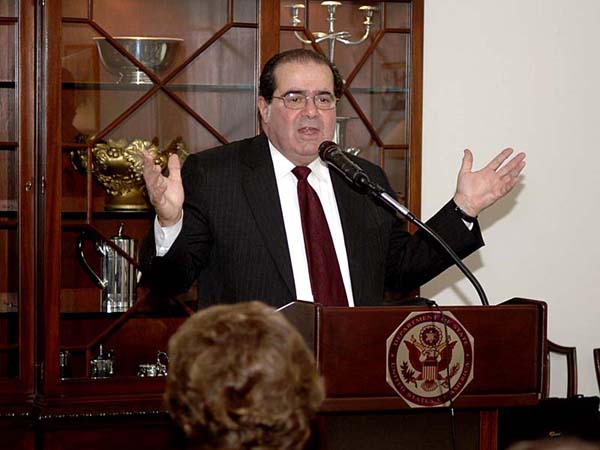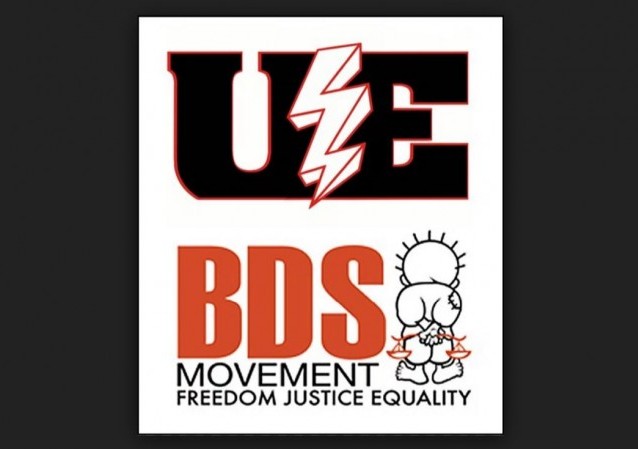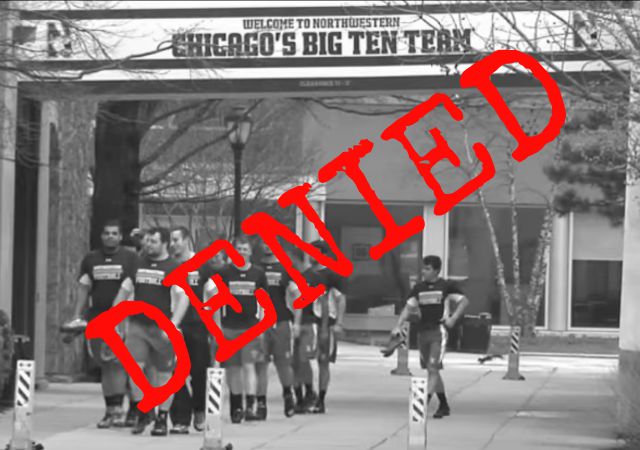Wisconsin Right to Work law reinstated, for now
on May 27, 2016
8 Comments
Because I have been traveling, I'm late to this important development.
In early April we reported how a State court judge throws out Wisconsin Right to Work Law in an absurd decision:
When conservative Justice Rebecca Bradley won the Wisconsin Supreme Court election last Tuesday, we pointed out how important that court has been in upholding union reforms. That may be tested again as Dane County Judge William Foust in Madison just threw out the state’s Right to Work law signed by Governor Walker a year ago. The decision was under the “takings” clause of the Wisconsin Constitution. As in an eminent domain case, the court found that the union’s interest in compulsory dues payments was property, that the property was taken by the right to work law for a public purpose, but without just compensation....



















